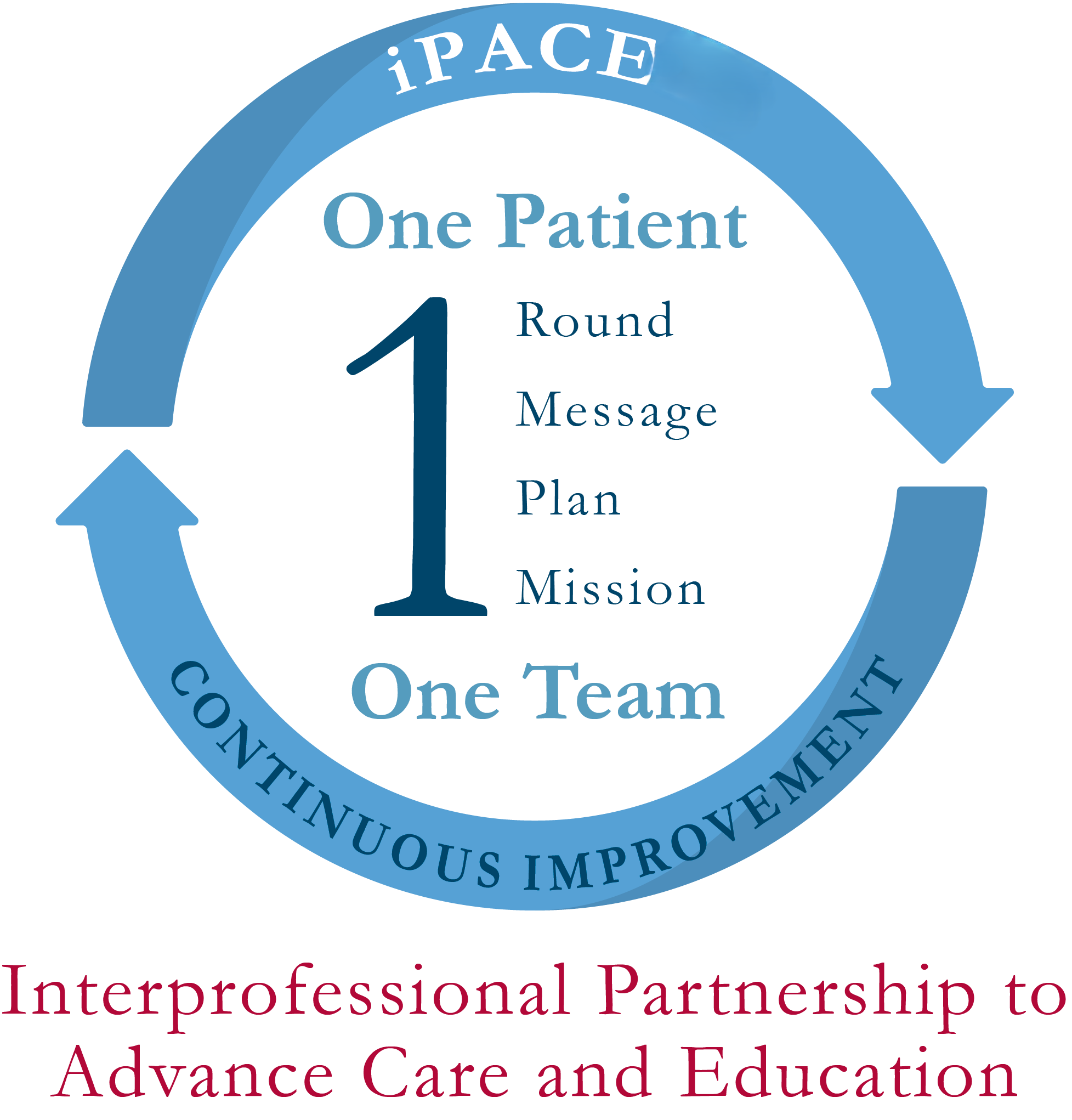The Blood-Brain Barrier: More than Just a Barrier – Dr Shikha Nangia, Syracuse University
Original Article Reference
https://doi.org/10.33548/SCIENTIA490
Share Episode
About this episode
Neurodegenerative disorders present a major cause of death and disability worldwide. Treatments are typically expensive, non-efficient, and invasive. Although scientists are committed to finding better treatment strategies, the challenge of penetrating the blood-brain barrier remains. This highly selective envelope protects our brain from harmful substances but also prevents drugs from reaching the brain when needed. Dr Shikha Nangia at Syracuse University, USA, focuses on understanding the molecular structure of this complex interface to ultimately facilitate the transport of drugs across the blood-brain barrier.
This work is licensed under a Creative Commons Attribution 4.0 International License. 
What does this mean?
Share: You can copy and redistribute the material in any medium or format
Adapt: You can change, and build upon the material for any purpose, even commercially.
Credit: You must give appropriate credit, provide a link to the license, and indicate if changes were made.
Related episodes
Dr. Sarah Hallen | The patient will see you all now: redesigning clinical learning for better outcomes
If you picture doctors making their daily rounds through hospital floors, you might imagine a single doctor standing by a bedside, examining a patient’s chart, or perhaps a group of doctors discussing a case right outside a patient’s room. However, the future of hospital care may well look more like a well-choreographed team effort, with doctors, nurses, pharmacists, students, and patients themselves, all in the same room, and all working as one team. This is exactly what Dr. Sarah Hallen and her colleagues at MaineHealth Maine Medical Center Portland envisioned when they created the iPACE model, short for Interprofessional Partnership to Advance Care and Education. Launched in 2017, this model is not just changing how doctors are trained; it’s leveraging team synergies to reshape what it means to deliver healthcare.
Prof. Francis Worden | Breaking Barriers in Cancer Care: How Lenvatinib Offers Hope for Resistant Thyroid Cancer
Thyroid cancer is one of the more common cancers globally, and for most patients, the prognosis is generally favorable with timely and effective treatment. The usual course involves surgery to remove the thyroid gland, followed by radioactive iodine therapy to eliminate any remaining cancerous cells. However, for a subset of patients, the story is far more complicated. When thyroid cancer no longer responds to radioiodine therapy, a condition known as radioiodine-refractory differentiated thyroid cancer, the outlook becomes significantly more daunting. These patients face limited treatment options and a much grimmer prognosis.
Troy Norris | The Wellbeing Balance Model: A Personalized Approach to Design Effective Wellbeing Interventions
Research from Troy Norris at the WellBalance Institute for Positive Wellbeing reveals how a novel approach to measuring wellbeing can lead to more effective personalized interventions. The Wellbeing Balance and Lived Experiences (or WellBalance) Model and Assessment extends traditional wellbeing measures by evaluating both positive experiences and the feelings they generate, enabling tailored approaches to enhance individual flourishing based on specific life circumstances.
Dr. Alex Chaparro | Deciding when and how checklists should be used in medicine
While checklists are often a vital tool for medical procedures, there has so far been little guidance on how they should be designed and applied in real medical scenarios. Now, a team including Dr. Alex Chaparro, a researcher at Embry-Riddle Aeronautical University, has developed an algorithm which can help medical experts to decide when a checklist is the best-suited tool for the task at hand; and if so, which type of checklist should be applied, based on the user’s technical experience. The approach could ultimately help complex, potentially urgent medical procedures to become safer and more efficient.
Increase the impact of your research
• Good science communication encourages everyday people to be scientifically literate so that they can analyse the integrity and legitimacy of information.
• Good science communication encourages people into STEM-related fields of study and employment.
• Good public science communication fosters a community around research that includes both members of the public, policymakers and scientists.
• In a recent survey, 75% of people suggested they would prefer to listen to an interesting story than read it.

Step 1 Upload your science paper
Step 2 SciPod script written
Step 3 Voice audio recorded
Step 4 SciPod published




